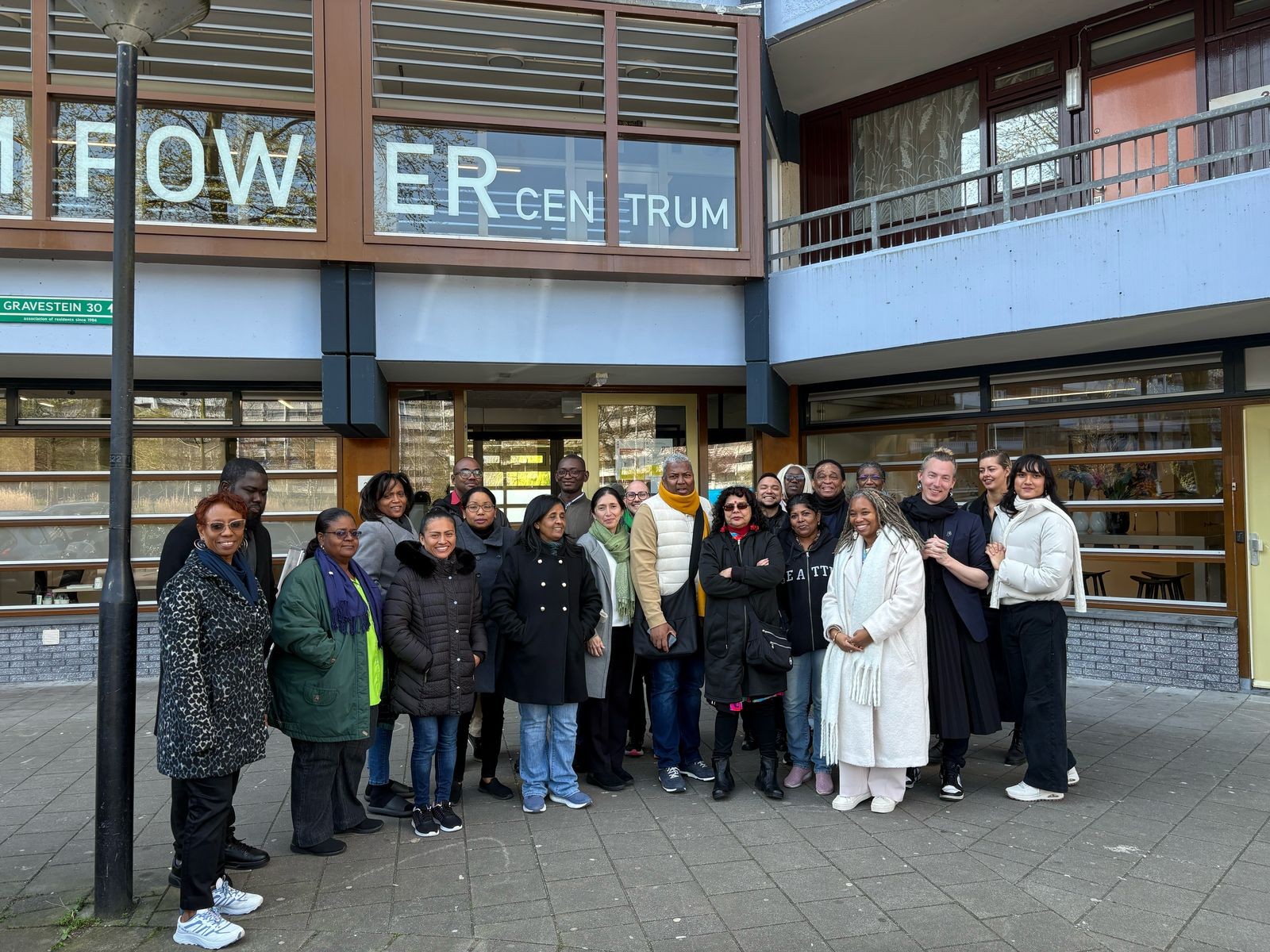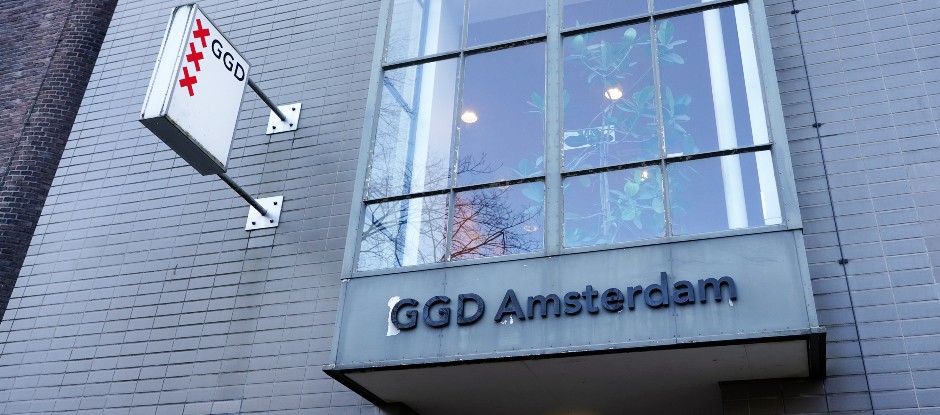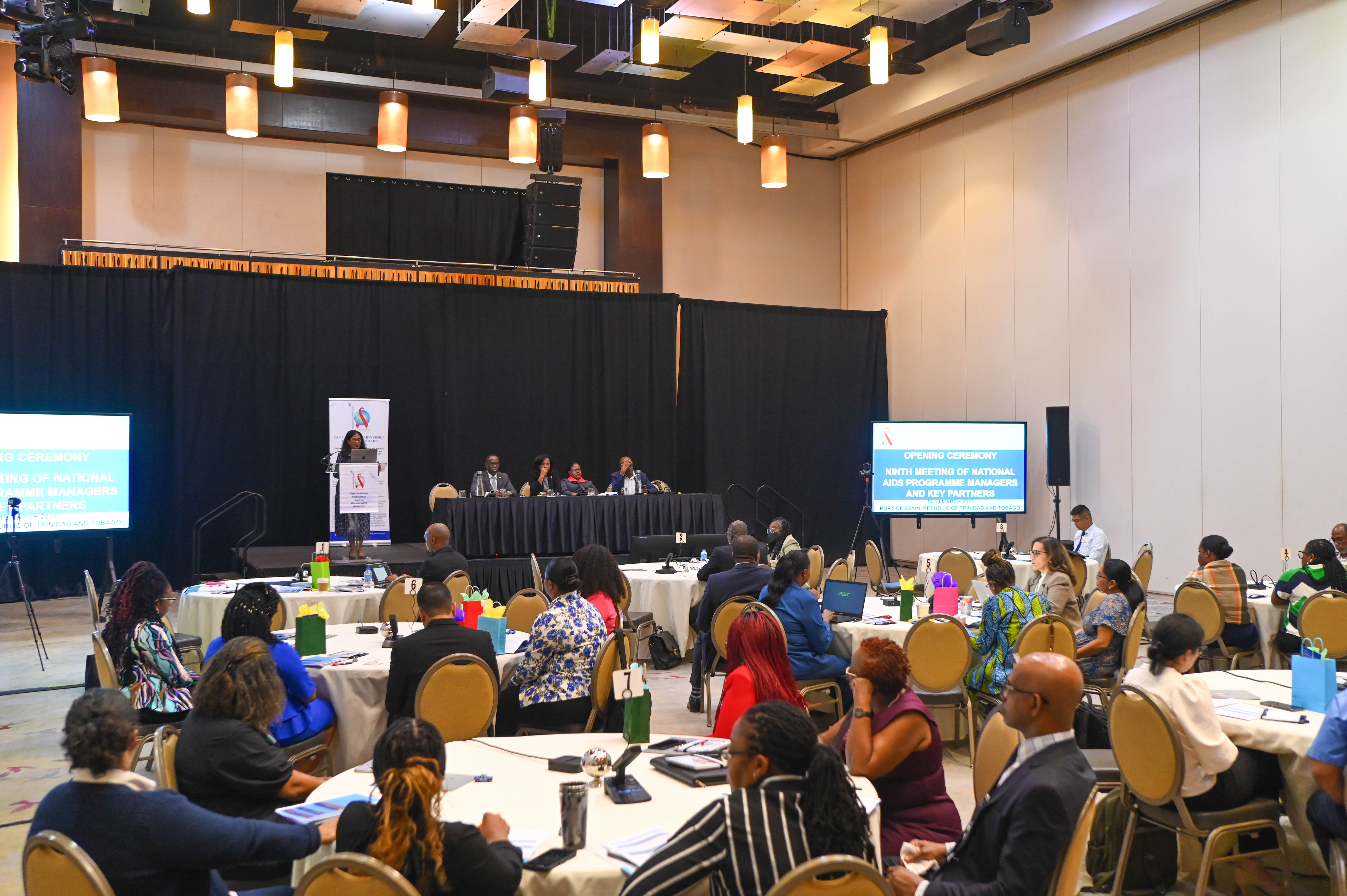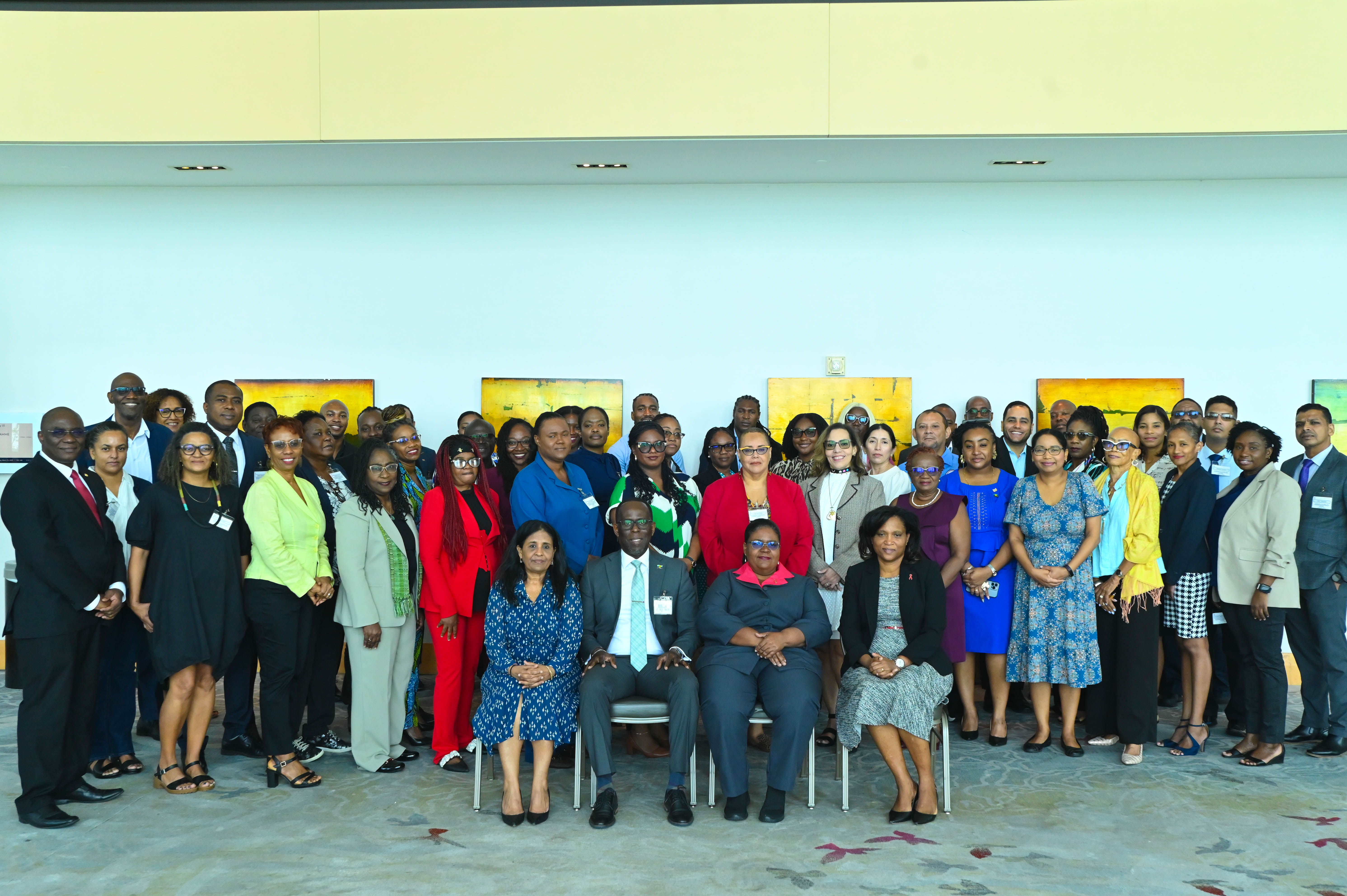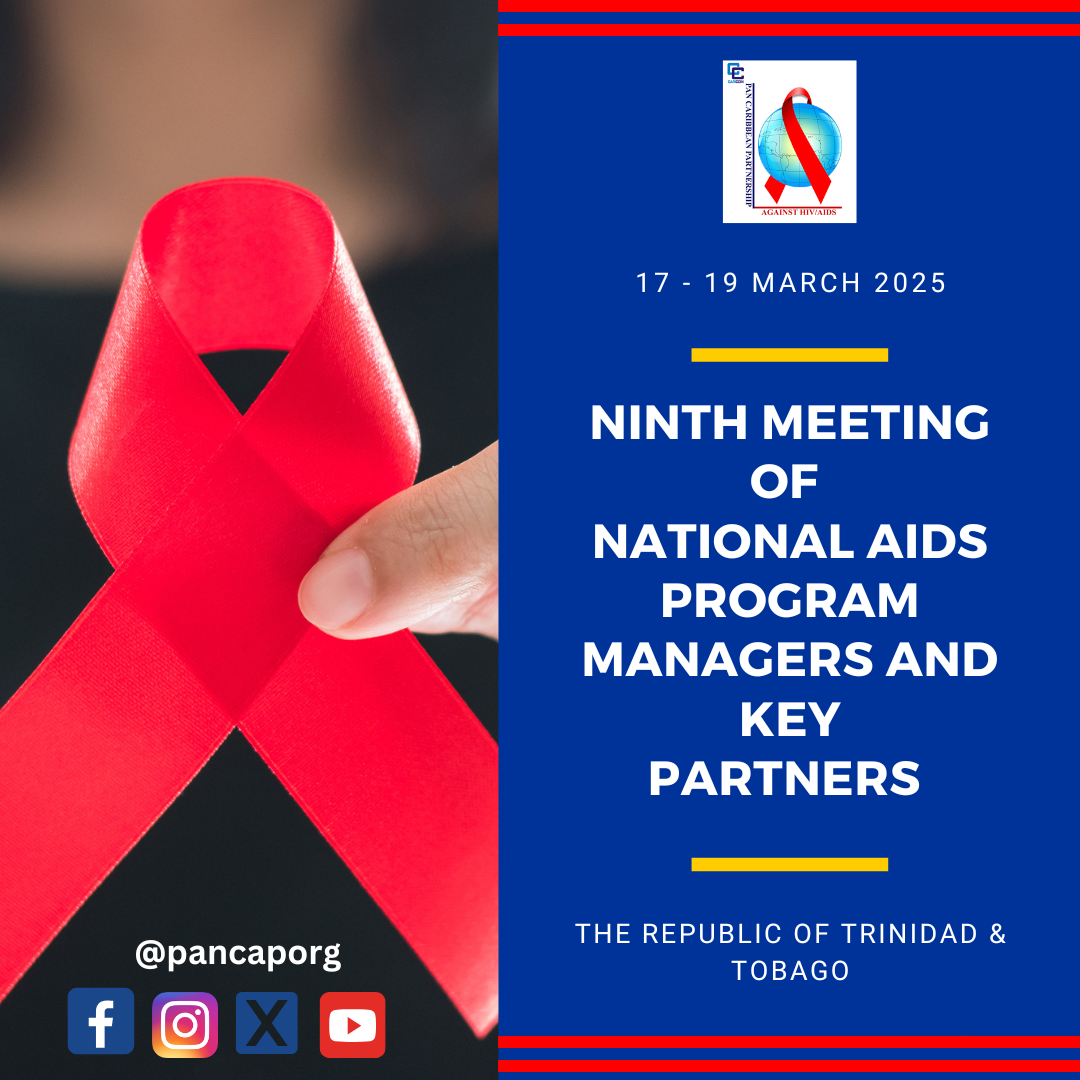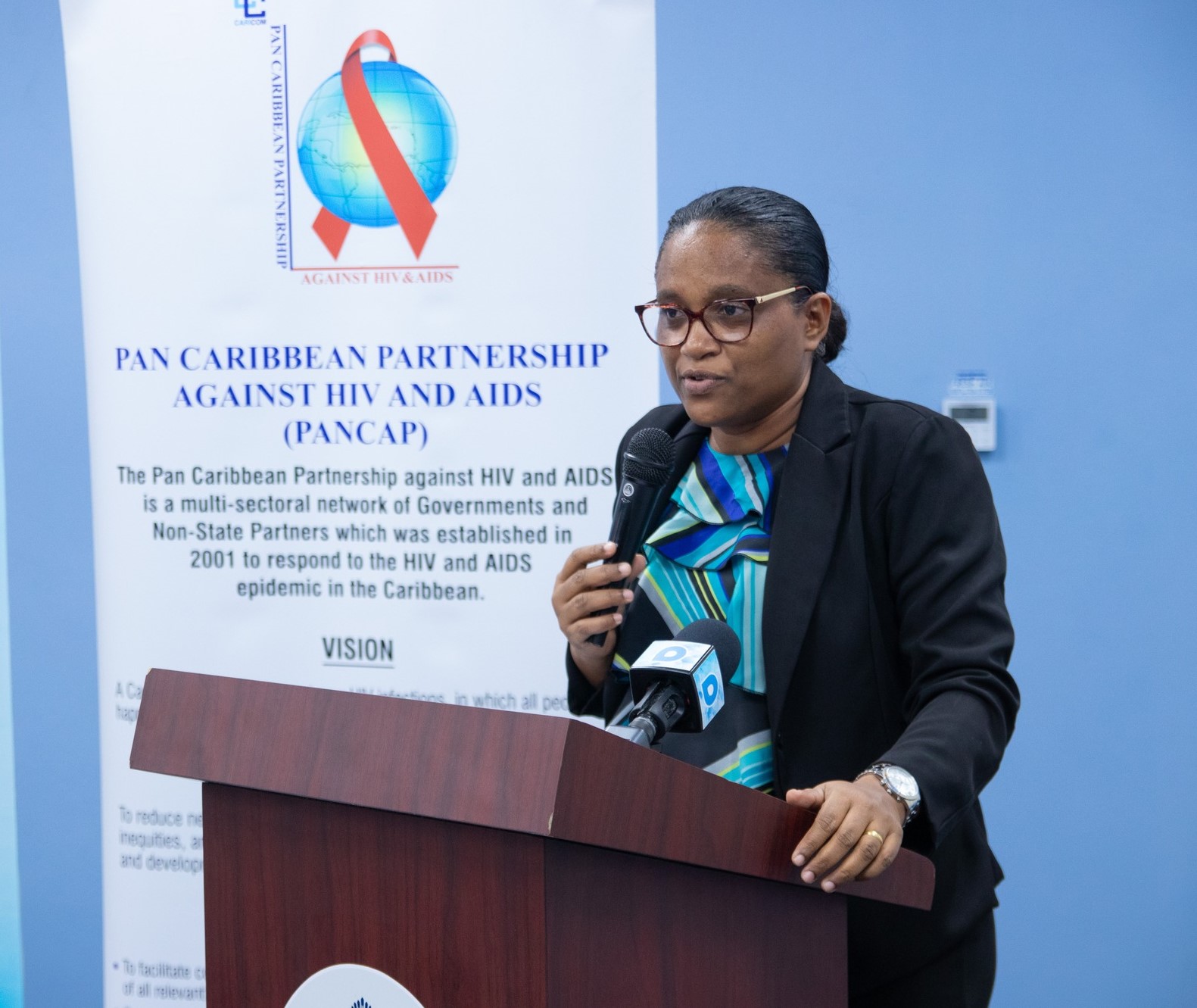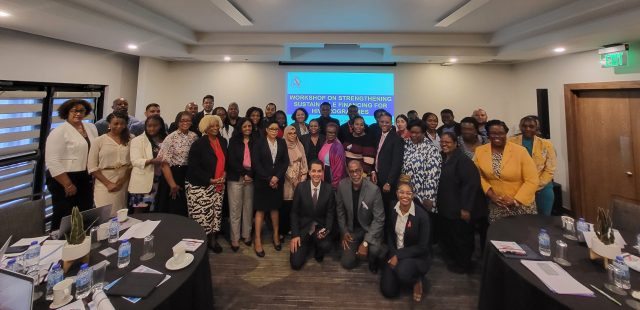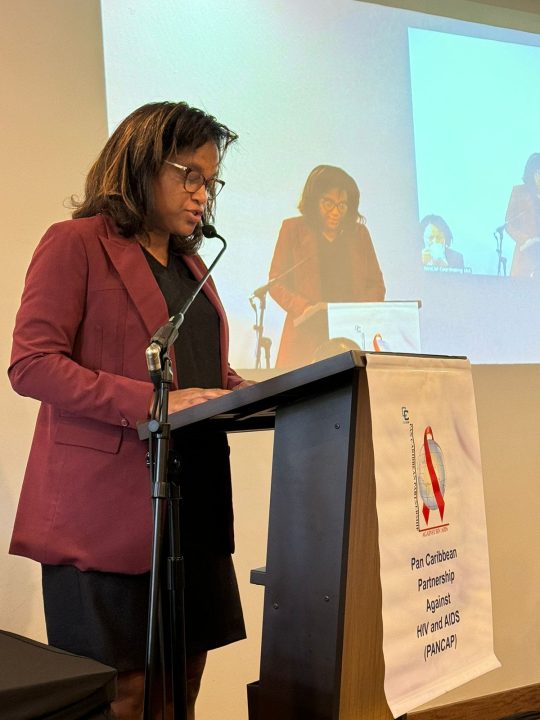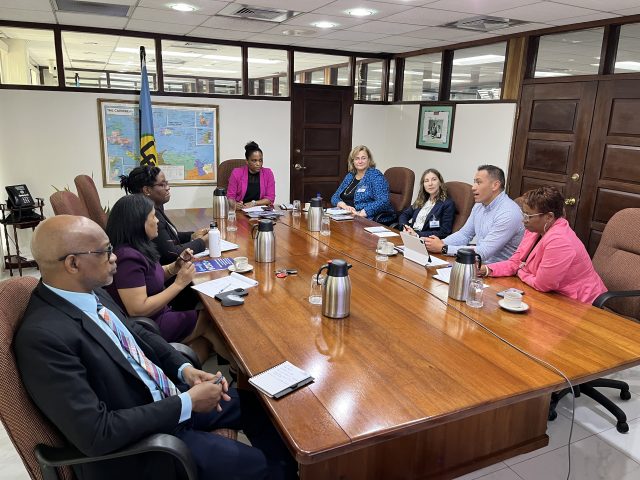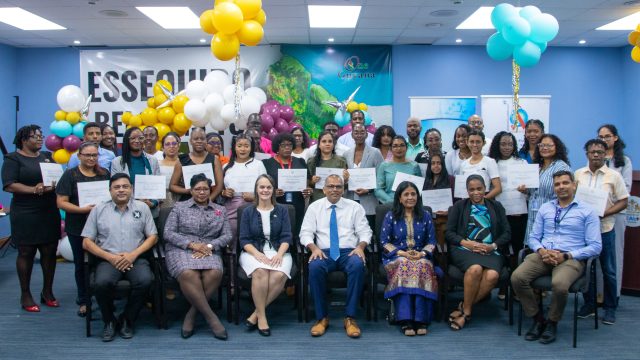KINGSTON, JAMAICA, 10 June 2025—Caribbean HIV service organisations are experiencing severe service disruptions and financial instability that threaten to reverse decades of progress in the HIV response due to the funding pause issued by the US Government in January 2025.
A rapid assessment, which was conducted by the Joint United Nations Programme on HIV/AIDS (UNAIDS) and the Pan Caribbean Partnership against HIV and AIDS (PANCAP), among some of the main organizations, between March 27 and April 22, 2025, reveals there has been widespread disruptions to essential HIV services. HIV prevention and testing services—critical for maintaining the region’s progress toward ending AIDS—have faced universal disruption. Capacity building for organizations was the most severely impacted with 80% of them reporting suspensions or significant reductions in services. Social protection services have seen 75% disruption, while human rights programming, a cornerstone of the Caribbean HIV response, has been affected in 67% of cases.
“We cannot allow the progress we have made in the Caribbean to be reversed. The findings paint a stark picture of a fragile funding ecosystem that has left our most vulnerable communities without critical support,” said Dr. Richard Amenyah, Director of the UNAIDS Multi-Country Office for the Caribbean. “These organizations are not just service providers—they are the backbone of our HIV response, reaching populations that formal health systems often cannot access.”
The survey also found that only 25% of organizations can sustain services for two to six months without alternative funding, while 64% are uncertain about their ability to continue operations. Already, organisations reported increased health risks, reduced access to care, and heightened mental health challenges, including depression and isolation, among some of the region’s most vulnerable citizens.
UNAIDS and PANCAP are calling for immediate action to address the funding crisis and ensure the continuity of life-saving HIV services across the Caribbean. They will host a regional dissemination meeting on Wednesday, June 11, 2025, featuring the CARICOM Deputy General Secretary, Dr Armstrong Alexis, and other regional experts, along with Government and civil society representatives, in a dialogue on building sustainable HIV responses in times of funding uncertainty.
“This meeting represents a critical opportunity for our region to come together, share experiences, and develop collective strategies for resilience,” said Dr. Wendy Telgt Emanuelson, PANCAP Director. “We must ensure that the voices of those most affected are heard and that we emerge from this situation stronger, more resilient and sustainable.”
For registration to the June 11 dissemination meeting:
https://us06web.zoom.us/meeting/register/7-tlPLP4S-y1ppLKx_5aNw#/registration
– END –
Media Contact:
Jaevion Nelson
UNAIDS Caribbean Multi-Country Office
nelsonj@unaids.org
+ 1 876 459 3211
Richard Francois
PANCAP Coordinating Unit
rfrancois.consultant@caricom.org
+592 627 6282
UNAIDS
The Joint United Nations Programme on HIV/AIDS (UNAIDS) leads and inspires the world to achieve its shared vision of zero new HIV infections, zero discrimination and zero AIDS-related deaths. UNAIDS unites the efforts of 11 UN organizations—UNHCR, UNICEF, WFP, UNDP, UNFPA, UNODC, UN Women, ILO, UNESCO, WHO and the World Bank—and works closely with global and national partners towards ending the AIDS epidemic by 2030 as part of the Sustainable Development Goals.

